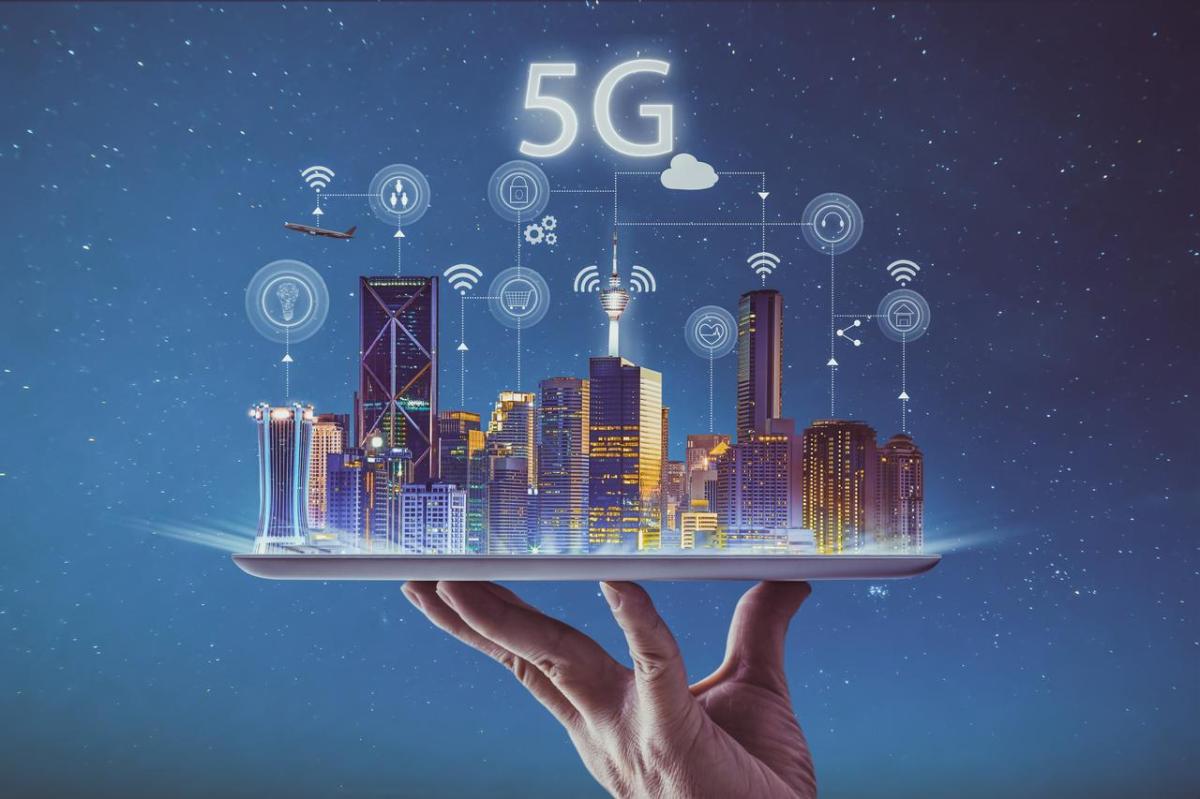AZG News Hub
Your go-to source for the latest news and informative articles.
5G: The Speedy Revolution You Didn't See Coming
Discover how 5G is transforming our world at lightning speed! Uncover the revolution that’s changing technology as we know it.
Exploring the Impact of 5G on Everyday Life
The advent of 5G technology is set to revolutionize our daily lives by enhancing connectivity and enabling faster data transmission. With speeds up to 100 times faster than 4G, it facilitates seamless streaming of high-definition content, quick downloads, and responsive online gaming experiences. As major cities around the world continue to roll out 5G networks, consumers can expect to see transformative applications in various sectors, including healthcare, education, and entertainment. For example, telemedicine services can improve patient outcomes through real-time video consultations, while smart classrooms will leverage high-speed internet to deliver immersive learning experiences.
Moreover, the integration of 5G in everyday devices is paving the way for the Internet of Things (IoT), creating smart homes that enhance convenience and energy efficiency. With connected appliances able to communicate with each other, households can automate daily tasks effortlessly. For instance, you can preheat your oven, adjust your thermostat, or monitor security cameras, all from your smartphone. As more devices become 5G-enabled, the potential to improve our lifestyles significantly increases, illustrating just how impactful this technology can be on everyday living.

How 5G Technology is Transforming Industries: What You Need to Know
The advent of 5G technology is reshaping various industries by enabling faster, more reliable communication and offering low-latency connectivity. As businesses increasingly rely on the Internet of Things (IoT) and data analytics, 5G creates a framework where devices can communicate seamlessly. This transformation affects several key sectors:
- Healthcare: Remote surgeries and telemedicine are becoming feasible with the high-speed connectivity of 5G. It helps in the instant transfer of large medical data files, enhancing patient care.
- Manufacturing: Smart factories are now a reality, where real-time data collection and analysis drive efficiency, minimize downtime, and improve overall productivity.
Moreover, 5G technology supports the development of augmented reality (AR) and virtual reality (VR) applications, which can revolutionize fields like education and training. The ability to transmit large amounts of data quickly allows industries to experiment with immersive experiences that were previously unimaginable. For more on the impact of 5G on various sectors, check out this article by Forbes. As 5G continues to roll out globally, its potential to disrupt and innovate will only grow stronger, making it essential for industry leaders to stay informed and adapt.
Is 5G Safe? Addressing Common Concerns and Misconceptions
The rapid deployment of 5G technology has sparked a myriad of concerns regarding its safety. Many individuals worry about potential health risks associated with increased exposure to radiofrequency radiation. However, extensive research conducted by reputable organizations, such as the World Health Organization, indicates that the electromagnetic fields produced by 5G networks are significantly below the limits established by international guidelines. These guidelines are designed to protect public health, and existing studies have not shown convincing evidence that 5G poses any substantial risk to human health.
Another common misconception is the link between 5G and COVID-19, which has been widely debunked. The Centers for Disease Control and Prevention emphasizes that viruses cannot travel on radio waves and mobile networks, and there is no scientific evidence supporting any connection between COVID-19 and 5G technology. Addressing these fears with facts is crucial to facilitate understanding and acceptance of this advanced technology, which promises to enhance connectivity and improve various aspects of daily life.